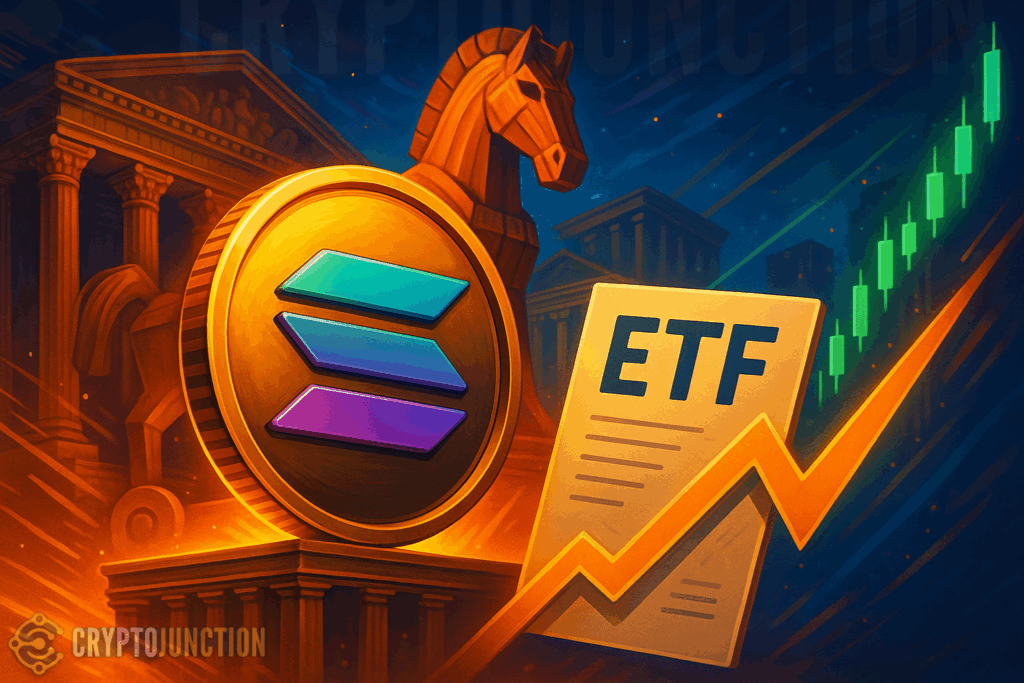The proposed JitoSOL ETF by VanEck has ignited a new chapter in the convergence of decentralized finance (DeFi) and Wall Street. While Spot Bitcoin and Ethereum ETFs track price action only, this ETF will put forth JitoS tokens. Consequently, it gives investors access to Solana’s growth and the staking rewards that come with it. This is a Trojan Horse moment when complex DeFi elements are making their way into the structure of traditional finance.
JitoSOL is not an average token. As a liquid staking token, it puts forward SOL. This SOL is put into a validator pool but also still is tradeable. This dual benefit makes JitoSOL a solution. It addresses the classic issue of having your assets locked in for a return. Simultaneously, it provides access to that liquidity. For institutions, the ETF is a simple package of a very complex DeFi play.
Regulatory Shifts Pave the Way
Timing is of the essence. In fact, VanEck’s move is timely since the SEC has softened its position on crypto staking products. Only a month ago, the Commission reported that liquid staking tokens such as JitoSOL are not to be considered securities. This holds if they are properly structured. That guidance, together with Chairman Paul Atkins’ pro-innovation “Project Crypto,” has brought about a very favorable climate for play.
ETF filing reports regulatory clarity. This clarity puts JitoSOL in a box of compliance with securities law. At the same time, it gives Wall Street a regulated inroad into blockchain performance. We see in the report their attempt to put custody, creation, and redemption processes in large-scale institutional models. They use these models to combine crypto-native benefits with traditional investor protections.
Why does JitoSOL play A Role On Bigger Picture ?
The JitoSOL ETF doesn’t fit in with the others listed on Wall Street. It is a game changer. In 2025, Solana’s liquid staking saw over $4 billion in total value locked in. JitoSOL took a large piece of that pie, thanks to its MEV revenue-sharing model and deep DeFi integrations.
For the institutions, this ETF is a game changer. No longer do investors have to put up SOL for maybe months. Instead, they can get into staking yields via a liquid and regulated product. Furthermore, daily liquidity, familiar ETF structures, and easy portfolio integration also eliminate the need to handle private keys. They can avoid going into DeFi directly.
If we go ahead with it, the JitoSOL ETF may see a flood of related products. This, in turn, will make liquid staking a real asset class. It will put a speed bump under the integration of DeFi into main street finance. Also, it appears VanEck may have opened the door for crypto’s Trojan Horse moment. DeFi is getting into TradFi through the front door with what is to be had, rather than by force.

